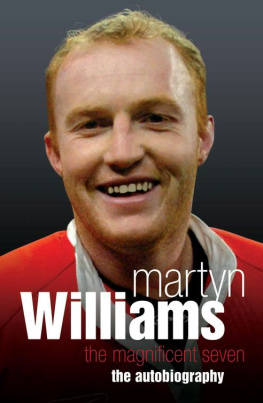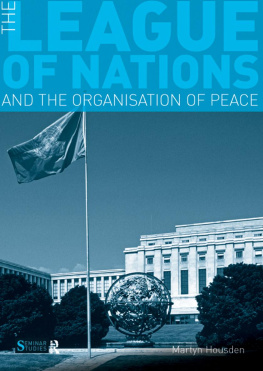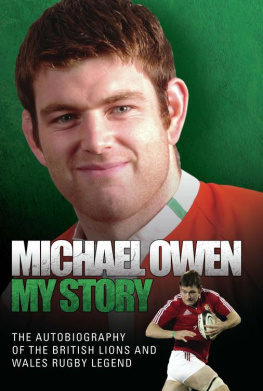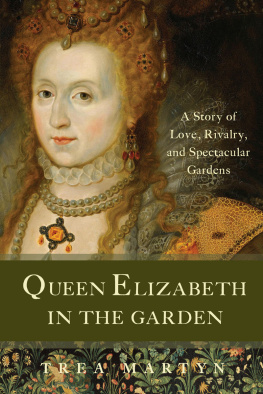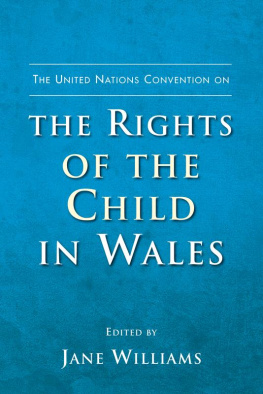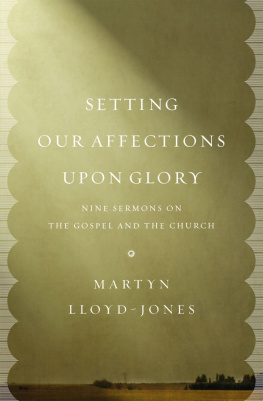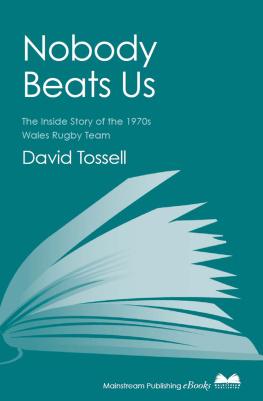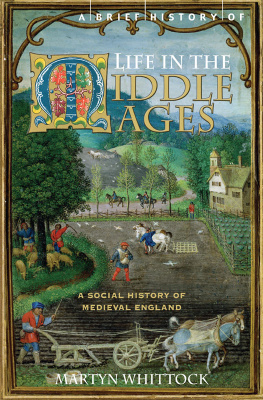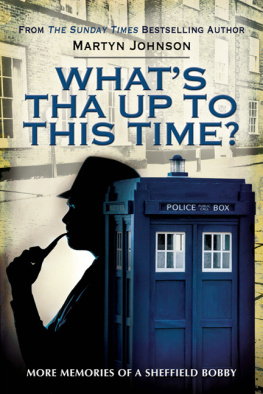I would like to thank the following for their help and support in the preparation of this book:
My wife Sam for her patience, encouragement and all those long hours of child care; my stepdad Paul for everything hes done over the years and especially for those meticulously maintained scrapbooks which have been a priceless source of information; all the rest of my and Sams family without whom none of this would have been possible; John Blake Publishing for giving me the opportunity to tell my story and particularly Clive Hebard and Michelle Signore for their work on this book; Mark Spoors and Louise Hewitt at Big Red Management; Huw Evans for all the great photos; Cardiff RFC historian Alan Evans, Pontypridd RFC and Cardiff Blues for help in compiling my career stats; Wales team manager Alan Phillips for his invaluable advice; all the great players Ive been privileged to play with and against during my career; and last but not least my co-author Simon Thomas of the Western Mail, for helping to turn around this book in record time.
E ven if Id scripted it myself, my return to international rugby couldnt have been any more perfect. It was a decision that could have backfired on me badly, because theres an old saying in sport that you should never go back. But, as it turned out, it proved to be one of the best calls of my life, as it brought me a second Six Nations Grand Slam and a series of personal landmarks along the way.
I had announced that I was quitting Test rugby the day after Wales were knocked out of the 2007 Rugby World Cup, but in truth Id made the decision some time before that. Ever since going on the British Lions tour of New Zealand in 2005, Id been finding it increasingly difficult to juggle all the different aspects of my life, what with my day job with the Cardiff Blues, international rugby, my family and trying to lay the foundations for a future career in the financial industry.
In particular, I was very aware of the amount of time I was spending away from my family. Ive got two children - my six-year-old daughter Mia and my son, Corey Craig, who is just under three. With me spending so much time away with Wales, it was putting a big burden on my wife, Sam. She has always been amazing and so supportive and I thought it was just fair that I should be around a lot more.
I also wasnt getting any younger so, at 32, I made the decision that the World Cup in the autumn of 2007 was going to be the end of the international line for me. Unfortunately it wasnt the swan song I had been hoping for, as we crashed out at the group stage with a shock defeat to Fiji.
Yet Id made my mind up and there was no turning back and for the first few weeks I was content that Id made the right decision. But, gradually, the doubts started to creep into my mind.
It was when I went to watch Wales first match after the World Cup, against South Africa at the Millennium Stadium, that I really first began to question what I had done. Myself and Wales World Cup captain Gareth Thomas had been invited to go down to watch the game by Prince William, whose cup the teams were playing for. We had met him a couple of times before and when you get an invite like that its an opportunity you jump at.
So I went down just really looking forward to spending the day there. We sat next to the Prince in the formal dinner beforehand, with all the dignitaries, and it was a great experience. But it was when I went out to watch the game and saw the boys run out that I started to think about what I had done.
My Blues team-mate and good friend Gethin Jenkins had been made captain for the day and in the lead up to the game hed asked me if I was sure about quitting. It was kind of an approach on behalf of the caretaker coach, Nigel Davies, to see if I might change my mind. But I had been adamant that I wasnt coming back. I didnt even think about it, because it was such a short space of time between then and the World Cup. I was happy with the decision I had made.
But now here I was at the Millennium Stadium, Wales were playing the world champions and I was sat in the stand. A lot of my mates were still in the team and I couldnt help but feel I should still be out there playing. I realised that I did miss it then, the whole atmosphere, and I went away from there with second thoughts.
I didnt have much time to dwell on things however, because a couple of days later I was heading up to London to play for the Barbarians against the Springboks. Looking back, that Baa-Baas experience was one of the best weeks of my rugby career. I had played for the famous invitation side once before, almost 10 years previously, in a pretty low game against East Midlands at Northampton, but this was a different world.
I turned up and I was surrounded by all these greats of the game, people like Justin Marshall, Jason Robinson, Jerry Collins, Matt Giteau and Joe Rokococo. I was there with my Blues team-mate Tom Shanklin and we were like little kids, just sitting there looking round us typical Welsh boys. Were not the most confident as a breed and we were a bit overawed by it all, but it was to be an unbelievable week and I loved every minute of it.
When I had played against East Midlands all those years ago, that was up and back in a day. But this time we were in a five-star hotel in Park Lane. I found myself sharing with Justin Harrison, the controversial Wallaby second row who had been the scourge of the Lions on the 2001 tour of Australia. I had never met him before and only really knew about him through his reputation as an abrasive, pumped-up character out on the field. So when I saw my name next to his, I thought, Oh my God, Justin Harrison! What a great week Ive got ahead of me. But he was an absolutely top bloke off the field. He was really good company and a real good guy and I had a great time with him.
The whole week was absolutely classic Barbarians. Lets just say there was a lot of socialising done between the Tuesday and the Thursday. In fairness to the boys, though, they were quite professional on the Friday! Usually during an international week, everything is so formal and structured, but this was real old-school. Thats what I loved about it really. It was such a refreshing change.

